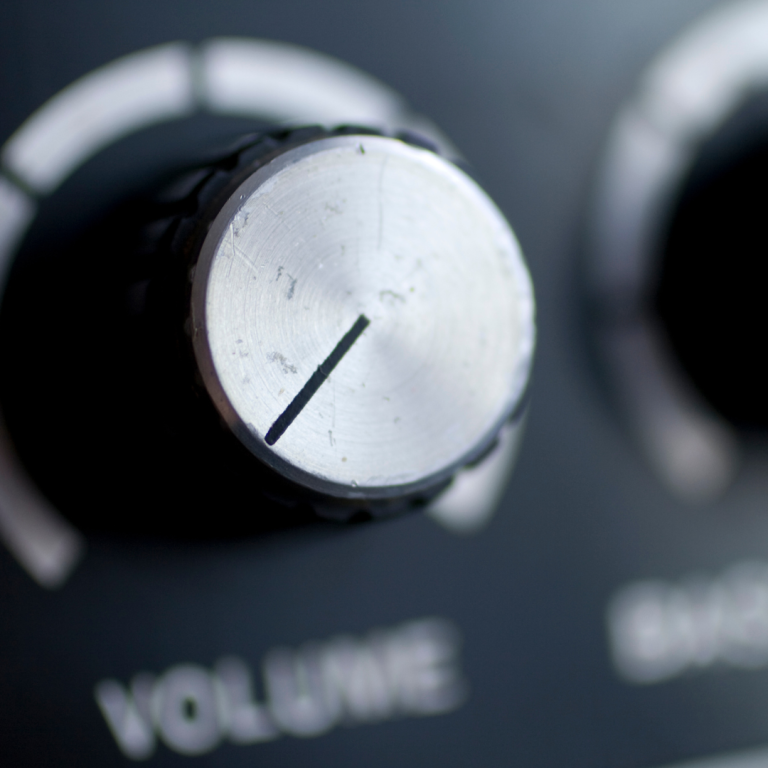
Hyperacusis is a hearing condition where some sounds and noises appear much louder than they should and can cause a negative or physical reaction; in some cases, this can be experienced as pain. Often referred to as noise sensitivity, hyperacusis can affect one or both of our ears, and may come on suddenly or over a period of time.
Whilst the exact cause of hyperacusis is unclear, it has been linked with exposure to excessively loud noise earlier in life and is often experienced alongside or as a result of other conditions.
Tinnitus is a condition where someone hears sounds without an external source. This can be experienced as a buzzing, ringing or hissing sound to name just a few. Hyperacusis often occurs alongside tinnitus, but they are not always indicative of each other. A majority of those who suffer from hyperacusis also experience tinnitus, but not all of those who have tinnitus will experience hyperacusis.
To find out more about our tinnitus consultations click the button below.
Damage to the ears or brain can also be linked to hyperacusis. This damage can occur in various ways, but typically is a result of ear surgery, regular exposure to loud noises or a head injury.
Autism is a developmental disorder that can affect how a person processes sensory information, including sound. People with autism may have a heightened sensitivity to sounds and experience hyperacusis.
Hyperacusis can be a common symptom of migraines. During a migraine, the brain can become oversensitive to sounds, leading to temporary hyperacusis.
One of the lesser-acknowledged links of hyperacusis is that between the condition and dementia. Whilst dementia is typically associated with memory loss and cognitive ability, it can also affect our sensory processing. For some, this means that sounds are interpreted differently and can often appear louder, or as if someone is shouting at them.

The signs and symptoms of hyperacusis vary from person to person, and can either develop gradually or suddenly. Ultimately this condition distorts your sound and volume perception, reducing your tolerance for anything loud. Typical symptoms of hyperacusis include:
Whilst there are no medicines or cures for hyperacusis, it is possible to manage it and treat some of the underlying causes. Hyperacusis is often first experienced as a child or young adult, and luckily as we age these symptoms can lessen. However, if they don’t, then the first thing we would advise you to do is go for a hearing test.
During a hearing test, your audiologist will have an in-depth examination of your hearing and hearing health to determine whether any underlying issues need to be addressed. They will then treat accordingly, whether that’s through an ear wax removal, hearing aids or onward referral.
Where there are no issues with hearing, you may want to consider seeking counselling or cognitive behavioural therapy (CBT). An audiologist will be able to assist you in finding the help you need.
If you are worried about your hearing or about hyperacusis you should consider booking a free hearing test at The Hearing Care Partnership. Our expert audiologists will be able to offer you the help and support you need so you can begin to reduce the impact hyperacusis has on your daily life.
To book an appointment, call our Dedicated Patient Support team on 0800 52 00 546, visit your nearest practice or book online.